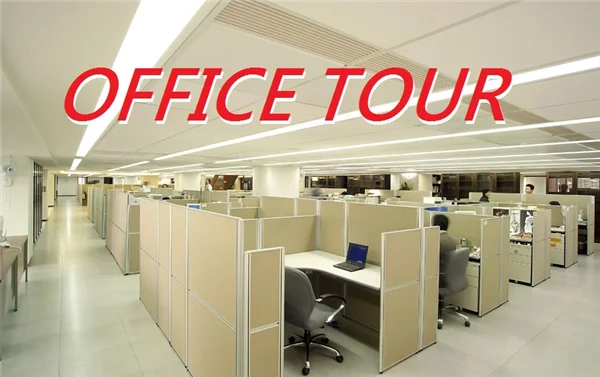ITRI and Stanford Co-Develop an Ultrafast Rechargeable Aluminum-Ion Battery
E150410X5・E150408X5 May. 2015(E186)
Taiwan Industrial Technology Research Institute (Taiwan ITRI) and US Stanford University have co-developed an “ultrafast rechargeable aluminum-ion battery”, a development that has been internationally recognized for its fast-charging, inexpensive, long-lasting and stable advantages. This development has also been published on the website of the prestigious science journal, Nature. This battery technology has been patented in Taiwan and the U.S. and is expected to replace conventional lead acid battery and to be applied to the batteries used on large energy storage device and light weight e-motorcycle and e-bikes, offering a safe and novel alternative to conventional batteries.
According to the director of Green Energy and Environment Research Laboratories, the “ultrafast rechargeable aluminum-ion battery” has achieved three major breakthroughs in its performance: (1) The best combination of aluminum metal and graphite material is discovered as a technology enhancement from a bottleneck to breakthrough; (2) an aluminum-ion battery is soft as paper, and one can bend or fold it, so that it can be a thin conductive material that has the potential for being manufactured and commercialized to satisfy different commercial needs; (3) an aluminum-ion battery is stable, safe and has long cycle life and it would not cause hazard even if it is damaged.
An aluminum-ion battery consists of an aluminum metal anode and graphite cathode. The ITRI-Stanford team used the layer structure of graphite to enable aluminum-ion to go between several tens of thousands of grapheme layers to rapidly give rise to electrochemical reaction. An aluminum-ion battery is able to withstand 7,500 charge-discharge cycles without capacity decay, an excellent performance of its long-lasting durability. In addition, the thin graphite conductive material is as soft as paper and is stable and bendable. The electrolyte is basically a salt that is liquid at room temperature. Stability of an aluminum-ion battery has been successfully tested that it can continue powering any electric device while enduring structural stresses, like bending and drilling.
ITRI has worked with Stanford University for the aluminum-ion battery project since 2013, and relevant works, after the substantial breakthroughs in technology have been achieved, including patenting and subsequent industrial cooperation, have also been divided by and between ITRI and Stanford. Based on the aluminum-ion battery technology, Taiwan can combine the specialty of technology development and rapid manufacturing with global innovative energy to play the key role of renewable energy storage industry.
The research on application of the “ultrafast rechargeable aluminum-ion battery” will focus on the enhancement of the electric capacity of graphite materials and the mass production of graphitic cathode materials. The development purpose within the following two years is have this technology applied with renewable energy generator set to install stationary large energy saving equipment. The “ultrafast rechargeable aluminum-ion battery” is expected to replace the lead acid batteries of short cycle life for automobiles or supply power to light weight e-motorcycles. Furthermore, life cycle of batteries for automobiles will hopefully be extended to more than 10 years if general batteries for automobiles are replaced with aluminum-ion ones, which is to fulfill the purposes of energy saving and repairing cost reduction. (April 2015)
/CCS














